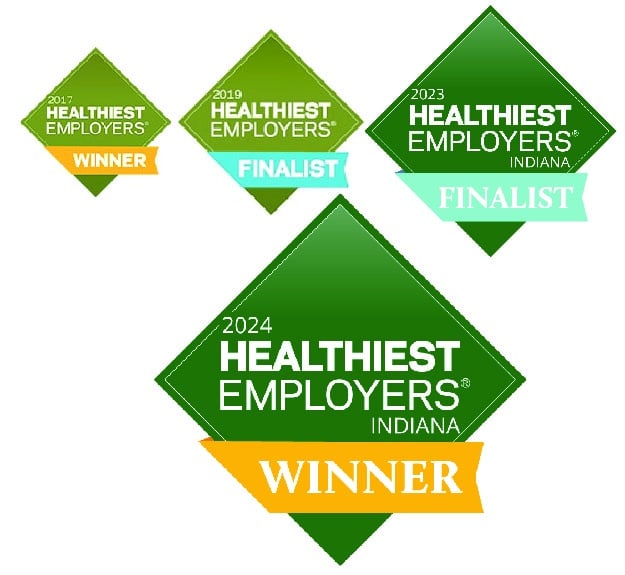Health Insurance Renewal Season, Part 2: The Consequences of Inaction
BY BEN CONNER

The health insurance renewal season is your biggest opportunity for meaningful change to your plan, company finances, and employees’ health. Unfortunately, many business leaders miss this opportunity because they don’t believe they have the opportunity or control to spark real change. Instead, they find reasons not to push for change. Some of the biggest reasons we hear: “I had a flat renewal.” “The rate increase fit into our budget.” “It wasn’t more than 12 percent, so I’m OK with it.”
The industry has conditioned business owners to become complacent. With 8 to 12 percent rate increases the norm, companies are thrilled to pay only 8 percent more than they did the previous year. If they only pay 4 to 5 percent extra, they consider that a major win.
Many approach renewal season with their fingers crossed, hoping their premiums won’t increase more than they can afford. But hope isn’t a business strategy.
As we discussed in Part 1 of this series, being proactive throughout the year—by performing tasks like evaluating employee needs and consistently educating employees on plan benefits—can dramatically reduce the rate increase. One of our customers, an employer with 100 employees, saw their rates drop one percent in each of the last five years, saving the company a total of $1.8 million compared to what they would have paid if they had seen the typical annual increase on health insurance.
Quietly accepting rate increases because they’re not more than 12 percent can negatively impact the course of your business by creating burdensome expenses when the money could have been invested back into your company.
The Consequences of Inaction
The most devastating course of action you can take during the renewal season is taking no action at all. Quietly accepting your fate impacts both your employees and your company’s bottom line.
Impact on Employers
The biggest factors employers face:
- Higher costs. The industry norm is an 8 to 12 percent increase each year, but we occasionally hear of employers paying even more. Within a few short years, you may pay twice what you once were. These additional costs could interfere with growth in other sections of your business. As our customer has demonstrated, failure to take action could cost you more than $1.8 million over five years.
- Employee issues. Higher insurance costs divert funds that could otherwise be invested in your team members. Worse, many of the costs will be passed along to your employees. If their benefits package grows too burdensome, they may begin looking elsewhere for other employment opportunities.
Impact on Employee Health
The negative impact on employees is widespread and detrimental to both their health and their finances. Employees may:
- Pay more for medication. Without addressing pharmacies and medications within the program, they’ll see their rates increase.
- Pay more for doctors. The extra cost doesn’t necessarily mean they’ll receive better care. In fact, with the rate increase, they may only be able to afford lower-quality care. This may create additional future charges as employees experience slower recovery times and medical complications.
- Pay for lower-quality facilities. When employees are unable to access high-quality care, their health will suffer.
- See their health suffer. When the cost of health care outruns their wallets, employees will stop taking proactive care of themselves with regular checkups that could identify health problems before they balloon into serious issues. This starts a vicious cycle in which they begin to pay excessive fees for low-quality care, which then requires additional treatments that are equally high-priced.
These are serious issues for any business to combat. The best way to avoid them is to take an active role in your company’s health benefits. When you have a focused hand on your employees’ care, you can slash costs while improving overall care. For more details on how to actively manage your insurance premiums for the next renewal, contact us.












